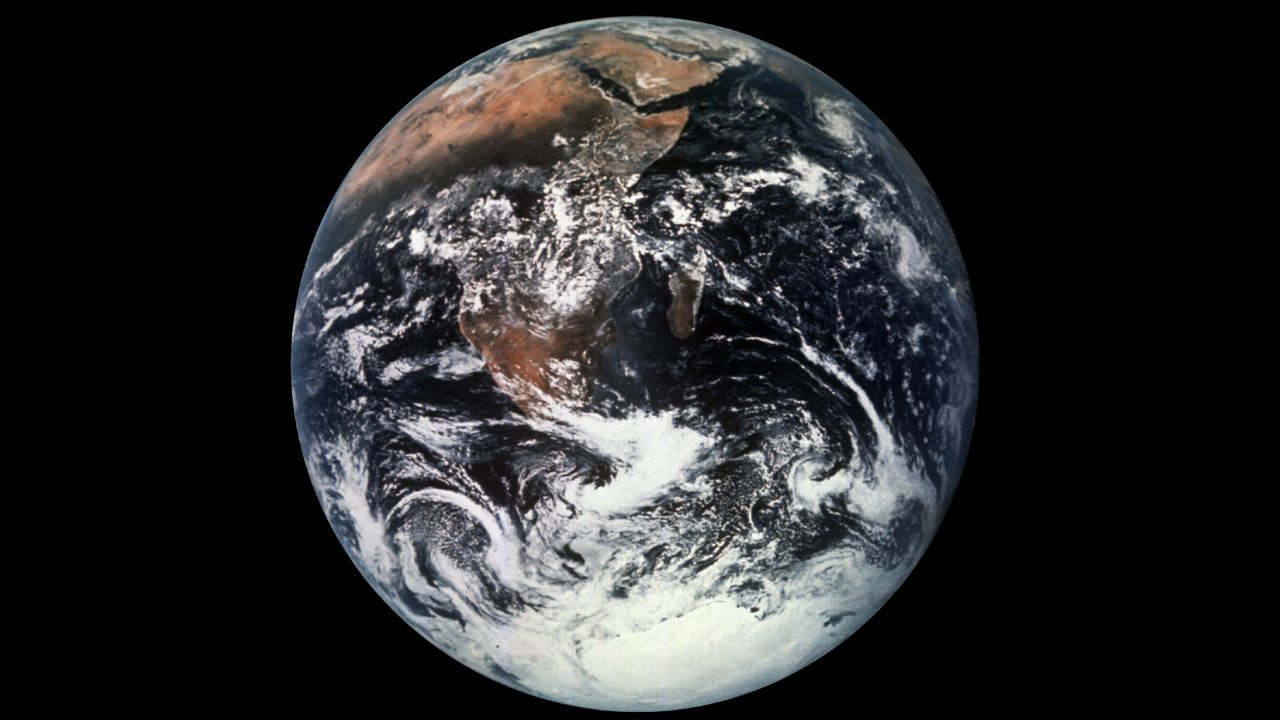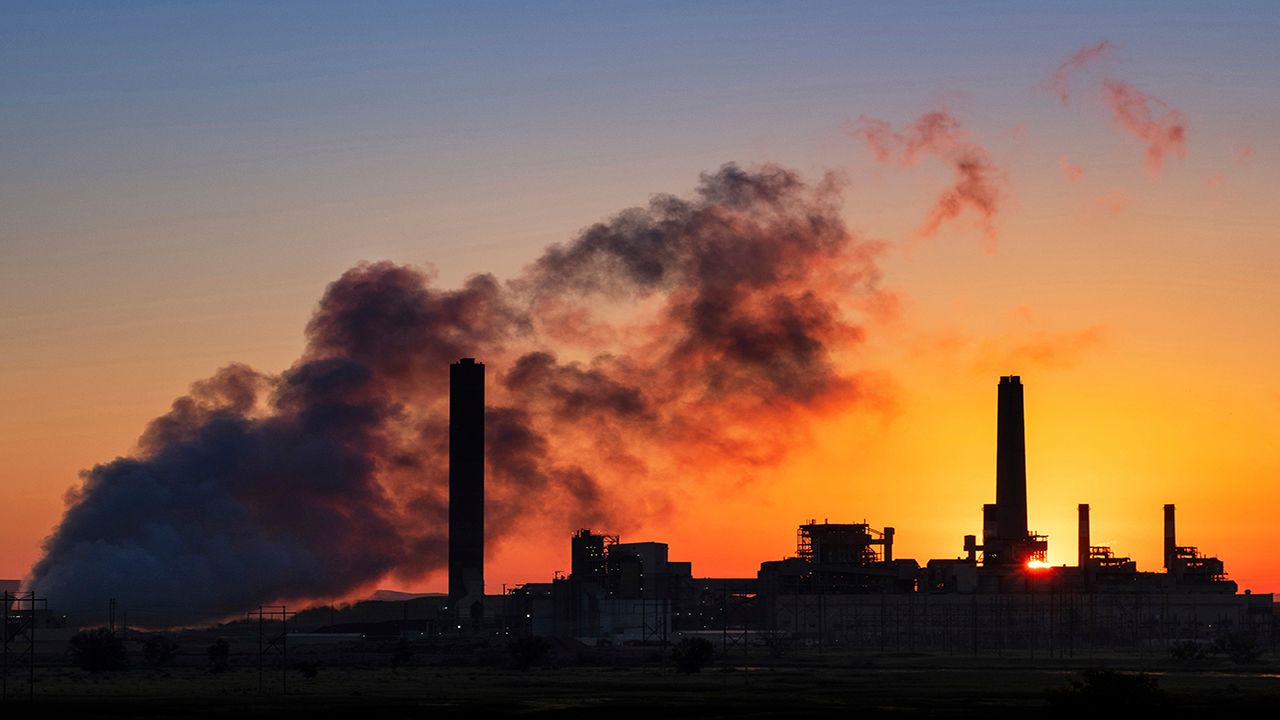Climate change has long been a divisive topic, especially for those in the political arena. In Florida, the phrase was once so controversial that former Governor Rick Scott had banned the words "climate change" from being used in his presence.
I went Beyond the Soundbite by joining our political team on their weekly podcast in an episode on climate change. The conversation centered on debunking five common myths about climate change.

Science says our planet is warming and is largely attributed to human influence, through the burning of fossil fuels dating back to the Industrial Revolution in the mid-1800s. Climate change has become politicized in the United States because of dependency on fossil fuels and reluctance toward renewable energy.
Climate expert Katherine Hayhoe once said if you take your temperature, your thermometer won't give you a different reading if you are a democrat or a republican. The thermometer bases the reading on the science of registering your body's temperature; The same can be said for the Earth.
We know that there have been vast shifts in climates throughout the history of our planet. Things like continental drift, mass extinctions, volcanic eruptions, and ice ages have happened.
However, the changes we have seen with the composition of the Earth’s atmosphere, particularly the rise of carbon dioxide concentration, leads us to know that the increase is human-influenced. Some of the best data we have on carbon dioxide increasing is from the Moana Loa Observatory in Hawaii, which holds the longest record of direct measurements of carbon dioxide in the atmosphere, dating back to the late 1950s.
There are clues about past climates all around us. Scientists can sample tree rings, ice cores, corals, and sediment to reveal how atmospheric chemistry has changed over time.
It is important to differentiate weather and climate since they are on two different timescales. We experience weather day-to-day and what conditions are like in the short term; climate references patterns over years, decades, and centuries.
Climate change doesn’t mean that every day will be warmer or cold days won’t happen. It means warmer days are more likely, and record highs will probably continue to outpace record lows like in recent years.
A warmer world means we can expect droughts, wildfires, and floods to become more frequent and extreme.
A warmer world also brings dangers with coastal flooding and the threat of tropical systems.
A warmer atmosphere holds more water vapor. This is why it is humid in the summer, something we are all too familiar with here in Florida being a peninsula surrounded by water on three sides.
An increase in temperature allows more evaporation into the atmosphere, so more water becomes available in storms. Higher humidity and more water vapor can help provide the fuel that energizes hurricanes.
The combination of a warmer ocean, a warmer, wetter atmosphere, and sea-level rise can make hurricanes more destructive. With people living in coastal locations and increased development in these vulnerable spots, more people and structures are at risk of being affected by storm surge flooding.
It is not just the threat of hurricanes.
King tide flooding, also known as sunny day flooding, results from tidal effects. The higher the background water level, the further this water can push onshore; studies have shown these flood events have increased considerably since the 1960s.
Check out the podcast for more on what we can do about reducing greenhouse gas emissions.




